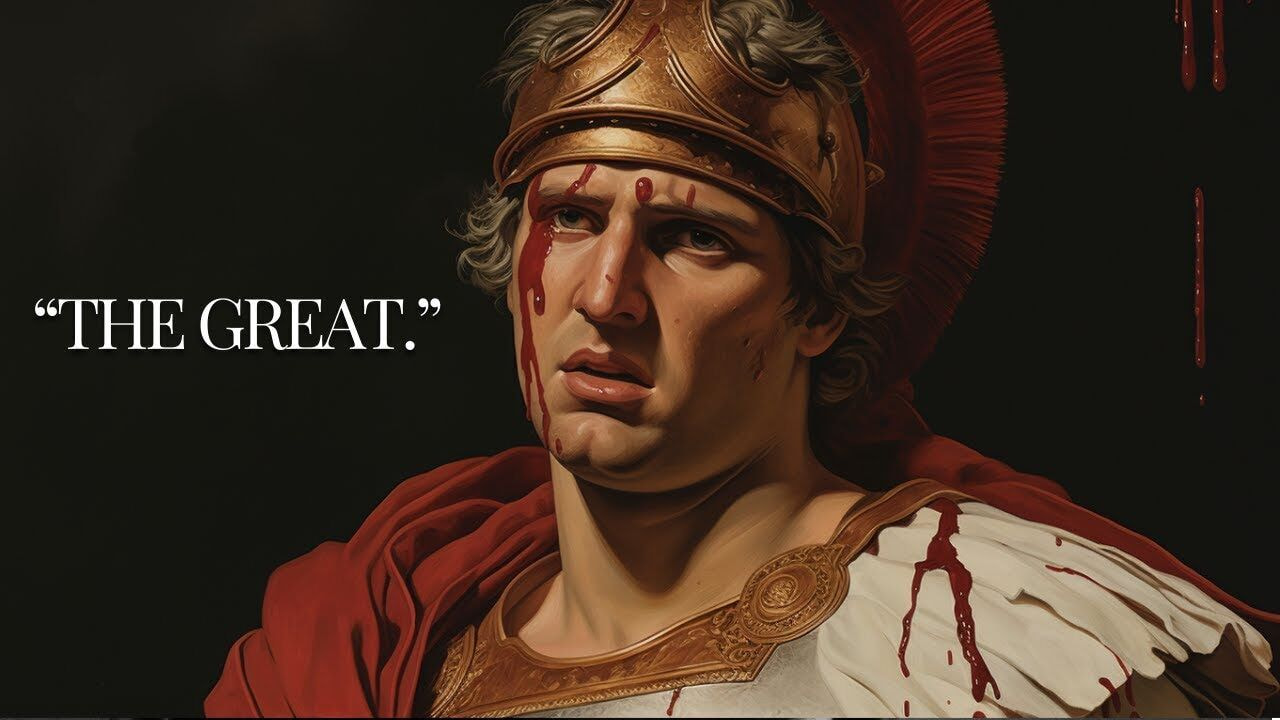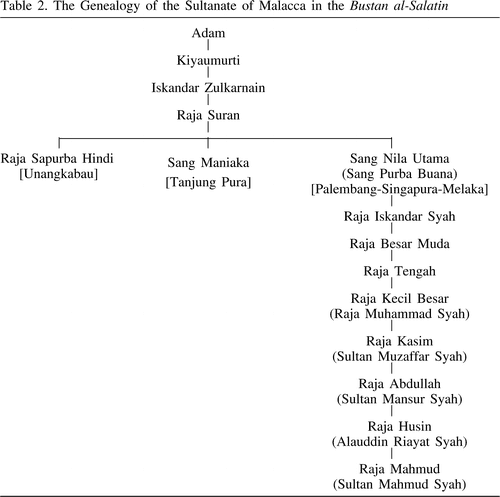28.10.2024
Alexander The Great's legacy in Malay literature: A bridge between past and modern Malaysia
Explore Alexander the Great’s enduring legacy across cultures, especially his influence in Malay literature. This article examines how Alexander’s genealogy links with Southeast Asian royalty, as depicted in the Malay Annals, and draws parallels between his leadership and modern governance.

By Shakir Yusop
Picture: @briefed_mythology
Alexander the Great, known for his conquests and leadership, has left an indelible mark on various cultures around the world. While his deeds are widely recognized in Western history, his influence extends much farther, even into the ancient Malay world. This write-up explores how his legendary status is integrated into Malay literature, particularly in The Malay Annals (Sulalat al-Salatin), where his genealogy is linked to the royal houses of Southeast Asia.
In two previous GC articles by Raja Izz, the figure of Alexander the Great was thoroughly examined. The first, titled ‘Nine Worthies: Legendary Men of Chivalric Ideals and Their Enduring Legacies’, presents Alexander as a model of chivalry, recounting his vast conquests from the Mediterranean to Persia (modern day Iran). The article highlights Alexander’s story of meeting a beggar, where his generosity was emphasized: "Copper coins would adequately suit the beggar’s need, but gold coins suit Alexander’s giving." This tale illustrates the balance of power, leadership, and humanity that defined his rule, serving as a lesson for modern leaders to lead with wisdom and generosity.
The second article, ‘Alexander the Great: A Chivalric Tale and Lessons for the Modern Man’, analyses the 14th-century poem King Alisaunder, chronicling Alexander’s life, travels, and virtues. Raja Izz highlights key lessons for contemporary leaders: diplomacy, cultural appreciation, and mindful generosity, all grounded in Alexander’s historical context.
Given these illustrious triumphs and achievements, it is unsurprising that Alexander is featured in various Malay literatures such as the Malay Annals (Sulalat al-Salatin), a 17th-century literary masterpiece. Among other things, this work traces the genealogy of ancient rulers, with “Iskandar dari Maqaduniah” (Alexander of Macedonia) being one of the main points of ancestry. While the fate of the original manuscript remains elusive, other known versions of copies and translations are kept in various global locations. For this write-up, the main reference is the Malay language version of Sulalat al-Salatin, maintained and arranged by Muhammad Haji Salleh (1997), based on the Raffles Malay 18 manuscript, currently kept at the Royal Asiatic Society (RAS), London, dated 1812.
In the early chapters, there is a passage mentioning the arrival of a great king to the Indian subcontinent. The passage strongly alludes to Alexander as the great king hailing from Macedonia (“Iskandar Zulkarnain… Maqaduniah nama negerinya”). This aligns with Alexander’s historical conquest, where he was recognized as the ruler of both the East and West in the ancient world. In the following pages, the text outlines the affairs of the conquered lands and kingdoms within, as well as the marriage of Iskandar to a princess from one such kingdom. After Iskandar left, his progeny and descendants went on to rule those territories.



